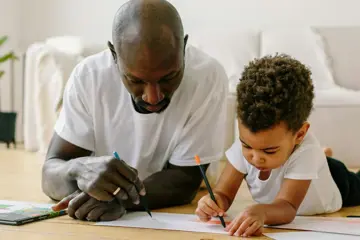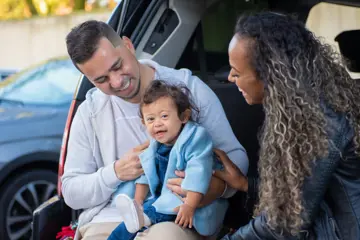Foster carers caring for a child or young person with a disability will need to provide the support they need to reach their full potential. This will often mean working with other professionals such as paediatric consultants, community nurses, speech and language therapists, or occupational therapists. In some cases, they may be liaising with professionals for any required adaptations to the foster home.
The foster carer may also need training in giving any clinical interventions to the foster child, often provided by the local hospital or nurse practitioner. There may be a requirement to complete this on a named child basis and to undertake refresher training. The foster carer may need to understand and receive training in moving and handling, and using any equipment or disability aids needed for the child or young person. Foster carers should ensure they are familiar with and adhere to any medication policies and recording requirements. Risk assessments and safer care policies should also be updated to reflect the specific needs of the child, and consider the needs all household members.
The Independent Reviewing Officer (IRO) is responsible for ensuring the local authority carry out their duty in the care planning, to ensure there is an EHC plan in place and to ensure all the requirements for the young person are met by the care plan including financial and funding needs.








